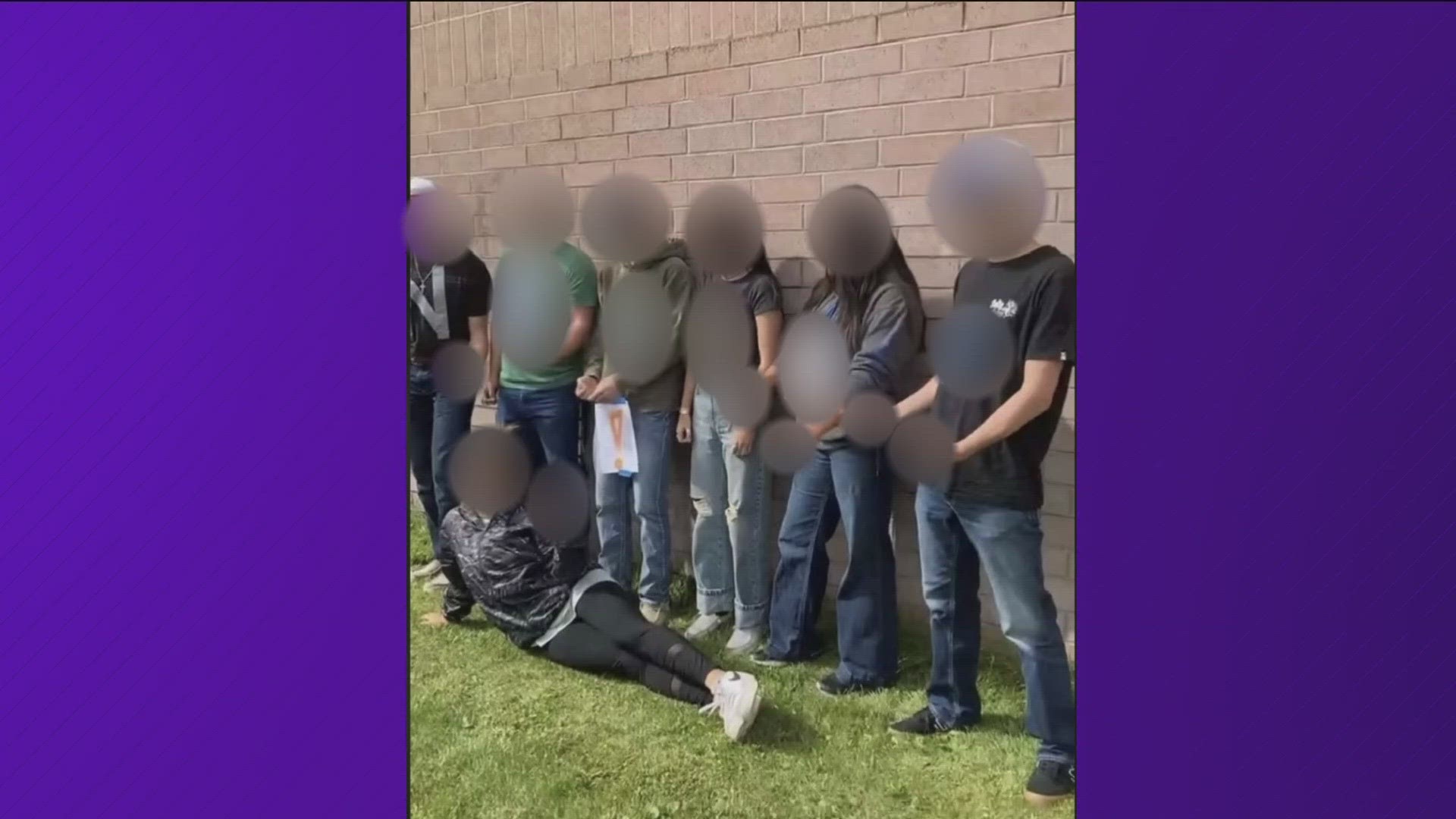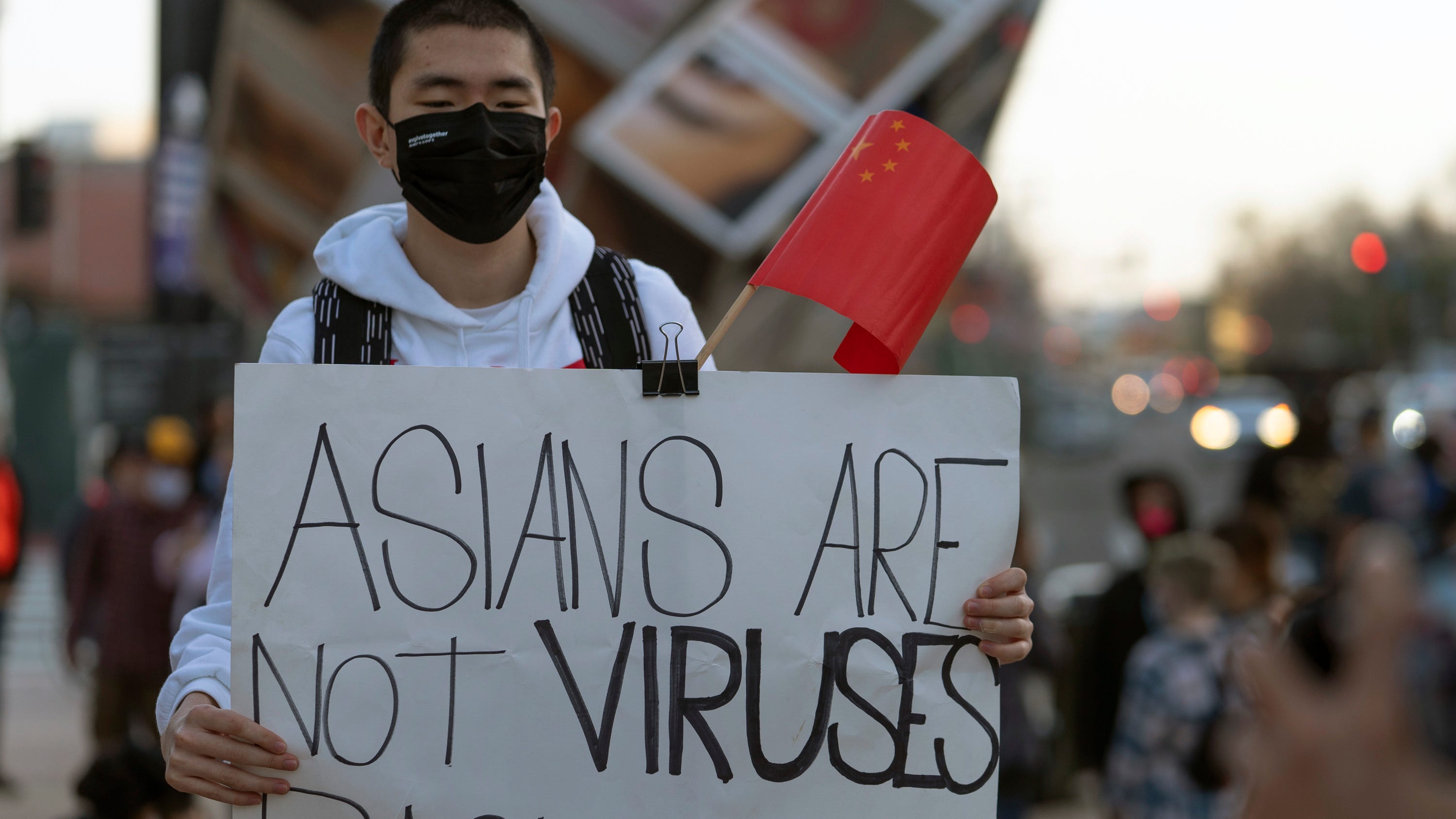Let’s be real here, folks. The term "kook" has been thrown around a lot lately, and it’s sparked some serious debates. Is kook a racial slur? That’s the million-dollar question on everyone's mind right now. Whether you’re scrolling through social media, watching the news, or just chatting with friends, this word seems to pop up everywhere. But what does it really mean, and why is it causing so much controversy?
Now, before we dive headfirst into this conversation, let’s set the stage. Words are powerful, and they carry weight, history, and emotions. What might seem harmless to one person could deeply offend another. That’s why understanding the context, origins, and implications of a word like "kook" is so important. We’re not just talking about language here—we’re talking about respect, culture, and identity.
So, grab your favorite drink, get comfy, and let’s break it down. By the end of this article, you’ll have a clearer understanding of whether "kook" is indeed a racial slur, why it matters, and how we can navigate these tricky conversations in a way that promotes empathy and understanding.
- Thomas Beaudoin Injury Update The Latest On His Accident And Recovery Journey
- Lacykim Onlyfans Leak The Untold Story Behind The Scenes
Table of Contents
- The History of the Word "Kook"
- Understanding the Context of "Kook"
- Is Kook a Racial Slur?
- Modern Usage of the Word
- Kook in Pop Culture
- Sensitivity Around the Word
- Alternatives to Using "Kook"
- The Consequences of Using "Kook"
- Finding Solutions Through Dialogue
- Final Thoughts
The History of the Word "Kook"
Alright, let’s rewind the clock and take a trip down memory lane. The word "kook" didn’t just appear out of thin air—it has a rich (and sometimes dark) history. Originally, "kook" was used in the early 20th century to describe someone who was eccentric or unconventional. It wasn’t inherently negative, but like many words, its meaning evolved over time.
In the 1950s and 60s, "kook" started gaining traction in certain subcultures, particularly among surfers. Surfers used it as a playful term to describe newcomers who were clueless about the sport. But here’s the twist—this usage often carried undertones of exclusion and gatekeeping. If you weren’t part of the "in crowd," you were labeled a "kook."
Fast forward to today, and the word has taken on new dimensions. Some argue that "kook" has been co-opted by certain groups to target specific communities, particularly Black people. This is where things get tricky, and why we need to approach this conversation with care.
- Unveiling The Heartfelt Journey Mothers Warmth Chapter 3
- Karen Riotoc Moscow The Rise Of A Fashion Phenomenon Thats Turning Heads Worldwide
Origins of the Word
Let’s break it down even further. The origins of "kook" can be traced back to the early 1900s, where it was used to describe someone who was "off their rocker" or behaving strangely. Over time, the word became more associated with surf culture, but its roots in describing eccentricity remain. Here’s the thing, though—language evolves, and so do the ways we use words. What was once a lighthearted term can quickly become something much more sinister.
Understanding the Context of "Kook"
Context is everything, my friends. The meaning of a word isn’t just about its definition—it’s about how, when, and why it’s used. In the case of "kook," the context often determines whether it’s offensive or not. For example, if someone uses "kook" to describe a surfer who’s still learning the ropes, it might not be seen as harmful. But if the same word is used to target someone based on their race or ethnicity, that’s a whole different ballgame.
Think about it this way: words are like tools. They can be used to build bridges, or they can be used to tear them down. It’s up to us to decide how we wield them.
Who Decides What’s Offensive?
This is where things get interesting. The question of who gets to decide whether a word is offensive is a complex one. Some argue that it’s up to the communities being targeted to define what hurts them. Others believe that intent matters more than impact. But here’s the truth—intent doesn’t erase impact. If someone feels hurt by a word, that feeling is valid, no matter what the speaker meant.
Is Kook a Racial Slur?
Now, let’s tackle the big question: is kook a racial slur? The short answer is—it depends. For some people, "kook" is just a harmless term with no malicious intent. For others, it’s a painful reminder of systemic racism and exclusion. The reality is that words don’t exist in a vacuum. They carry the baggage of history, and that baggage can be heavy.
Research from linguists and cultural experts suggests that "kook" has been used in certain contexts to demean and dehumanize Black people. This doesn’t mean that every use of the word is inherently racist, but it does mean that we need to be mindful of its potential impact.
Why Does This Matter?
Here’s why this matters: language shapes our reality. The words we choose to use reflect our values, beliefs, and attitudes. If we’re not careful, we can perpetuate harmful stereotypes and reinforce systems of oppression without even realizing it. By examining the word "kook" and its implications, we’re taking a step toward creating a more inclusive and respectful society.
Modern Usage of the Word
In today’s world, "kook" is being used in a variety of ways. Some people still use it in its original sense—as a playful term for someone who’s a little quirky. Others use it as a derogatory label for people they disagree with or don’t understand. And then there are those who use it specifically to target marginalized communities.
Social media has played a huge role in shaping the modern usage of "kook." Platforms like Twitter and TikTok have amplified certain interpretations of the word, sometimes for better and sometimes for worse. It’s important to recognize that the internet is a double-edged sword—it can spread awareness, but it can also spread misinformation.
Examples in Everyday Life
- Someone might call their friend a "kook" in a joking manner during a lighthearted conversation.
- A political commentator might use "kook" to describe someone they view as naive or out of touch.
- A person might use "kook" as a racial slur to belittle someone based on their race or ethnicity.
Kook in Pop Culture
Pop culture has also had its say in the debate over "kook." Movies, TV shows, and music have all contributed to the word’s evolution. For example, the 2019 film "Kook" explored themes of identity and belonging, using the word as both a critique and a celebration of individuality.
On the other hand, some artists and creators have criticized the use of "kook" in certain contexts, arguing that it perpetuates harmful stereotypes. This tension between art and activism highlights the complexity of language in the modern world.
Media Influence
Media plays a huge role in shaping public perception. When a word like "kook" is used in a popular movie or song, it can gain traction and become part of the cultural lexicon. But with great power comes great responsibility. Creators need to be mindful of the impact their words can have on real people.
Sensitivity Around the Word
Sensitivity around "kook" is at an all-time high. More and more people are calling out its use as a racial slur, and rightfully so. But here’s the thing—sensitivity isn’t about being politically correct for the sake of it. It’s about recognizing the real harm that words can cause and choosing to do better.
Some argue that being sensitive is a sign of weakness, but I beg to differ. Sensitivity is strength. It’s about acknowledging the pain of others and making a conscious effort to create a safer, more inclusive world.
How to Be an Ally
If you’re unsure about whether "kook" is appropriate to use, here’s a simple rule of thumb: when in doubt, don’t. Instead, focus on being an ally by listening to marginalized voices and amplifying their stories. You don’t have to have all the answers—sometimes, just being present and supportive is enough.
Alternatives to Using "Kook"
So, if "kook" isn’t the best choice, what are some alternatives? Well, it depends on the context. If you’re trying to describe someone who’s quirky or unconventional, you could use words like "unique," "creative," or "eccentric." If you’re critiquing someone’s behavior, you could use terms like "misinformed" or "naive."
The key is to choose words that accurately convey your message without causing harm. Language is a tool, and like any tool, it can be used for good or bad. It’s up to us to make the right choice.
Building a Better Vocabulary
Expanding your vocabulary is a great way to communicate more effectively and respectfully. By learning new words and phrases, you can express yourself in ways that are both meaningful and considerate. Plus, it’s always fun to discover new ways to say things!
The Consequences of Using "Kook"
Using "kook" without understanding its implications can have serious consequences. At best, it can alienate people and create unnecessary conflict. At worst, it can perpetuate harmful stereotypes and contribute to systemic racism. This isn’t just about being politically correct—it’s about being a decent human being.
Think about it this way: every time you use a word like "kook," you’re making a choice. You’re choosing whether to uplift or tear down, whether to include or exclude. Those choices matter, and they add up over time.
Repairing the Damage
If you’ve used "kook" in the past and now realize it might have been hurtful, don’t panic. The first step is acknowledging the harm and making a sincere apology. Then, commit to doing better moving forward. It’s never too late to learn and grow.
Finding Solutions Through Dialogue
Dialogue is key to resolving conflicts around language. Instead of shutting down conversations or getting defensive, let’s lean into them. Ask questions, listen actively, and be open to feedback. We all make mistakes, but what sets us apart is how we handle them.
By fostering open and honest communication, we can create a world where everyone feels seen, heard, and respected. It won’t be easy, but it will be worth it.
Creating a More Inclusive Society
Inclusivity starts with language. By choosing our words carefully and respecting the experiences of others, we can build a society that values diversity and promotes equality. It’s a journey, not a destination, but every step counts.
Final Thoughts
So, is kook a racial slur? The answer isn’t black and white, but one thing is clear: words matter. They shape our reality, influence our perceptions, and impact the lives of those around us. By examining the history, context, and implications of "kook," we can make more informed decisions about how we communicate.
I encourage you to take a moment to reflect on your own language use. Are there words you’ve been using that might be hurtful? Are there ways you can improve your communication to be more inclusive and respectful? The answers might surprise you.
And finally, don’t forget to engage with this article! Leave a comment, share it with your friends, or check out some of our other content. Together, we can create a world where everyone feels valued and respected. Cheers to that!
- Masa49 The Ultimate Guide To Understanding Its Impact History And Future
- Snapgodxyz The Ultimate Guide To Unveiling Instagrams Hidden Secrets


